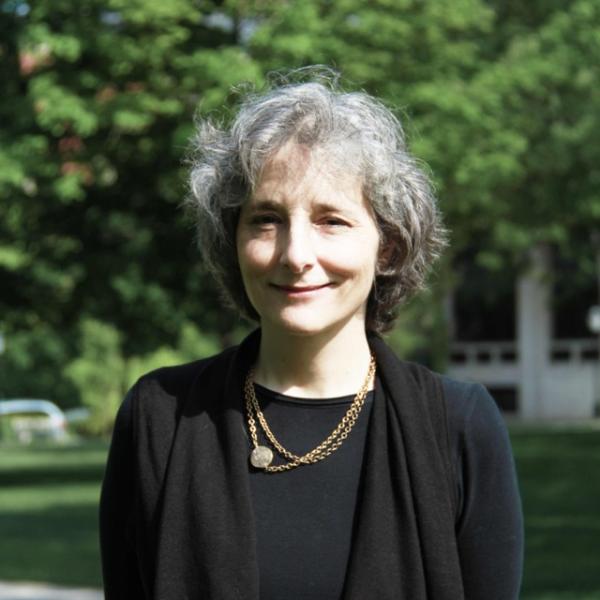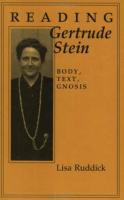
I write about the effects of group psychological processes on the intellectual life of the discipline of English. Around the turn of the millennium, a wave of conversation in our professional forums pointed to widespread feelings of “malaise,” as scholars began to sense that under the influence of poststructuralism our professional discourse had settled into a kind of monotony and even rigidity. In one form or another, these worries about a culture of conformity have persisted to the present time, even as new theoretical perspectives remote from poststructuralism have promised renewal. The current critical approaches that fall within the category of postcriticism give voice to an abiding sense that literary-critical discourse has been narrowed by conceptual norms that there is no good reason to continue to observe. My own approach is not postcritical, in that my target is not the hermeneutics of suspicion but a specific form of “cool” antihumanism that has wrongly been identified with progressive politics. But I am responding to some of the same concerns about a discipline in need of renovation.
In a series of recent articles, I have analyzed a range of academic work in order to offer a granular picture of the limitations on thought within literary studies. Where are the taboos within our professional discourse, and how exactly are they enforced? What are the costs of breaking taboo? I ultimately try to explain how a collective of highly trained, well-meaning people, the most influential of whom enjoy the remarkable freedoms of tenure, could have fallen into what amounts to a culture of fear. As I suggested in an article of 2015 called “When Nothing Is Cool,” we cannot account for the level of inhibition in this academic community without understanding certain things about the secret life of groups, which the article proceeds to detail. I also suggest what it will take to move the conversation forward. In its abridged form in The Point Magazine, the article enjoyed a viral readership, and is the most widely read article The Point has published to date.
I am currently working on two pieces that extend this line of inquiry into new areas. First, an article on the phenomenon of “ganging” describes how a species of hypermoralistic thinking that has long seemed ordinary within literary studies can shade over into sadistic ideation, a studied callousness, and a disdain for what seems vulnerable and “feminine.” I draw the concept of “ganging” from recent psychoanalytic work on the behavior of groups under conditions of deprivation and stress. Second, I am writing an essay that describes how a number of voices within the rising generation of scholars are challenging the antihumanist understandings that have more or less controlled the discourse in our field since the 1980s.
Select Publications
“Beyond the Fragmented Subject,” The Cambridge Companion to Literature and Psychoanalysis, ed. Vera J. Camden (Cambridge Univ. Press, 2021).
“When Nothing Is Cool,” The Point Magazine, 2015.
“The Unnamed Work of English,” ADE Bulletin 151 (2011).
“The Near Enemy of the Humanities Is Professionalism,” Chronicle of Higher Education, 2001.

